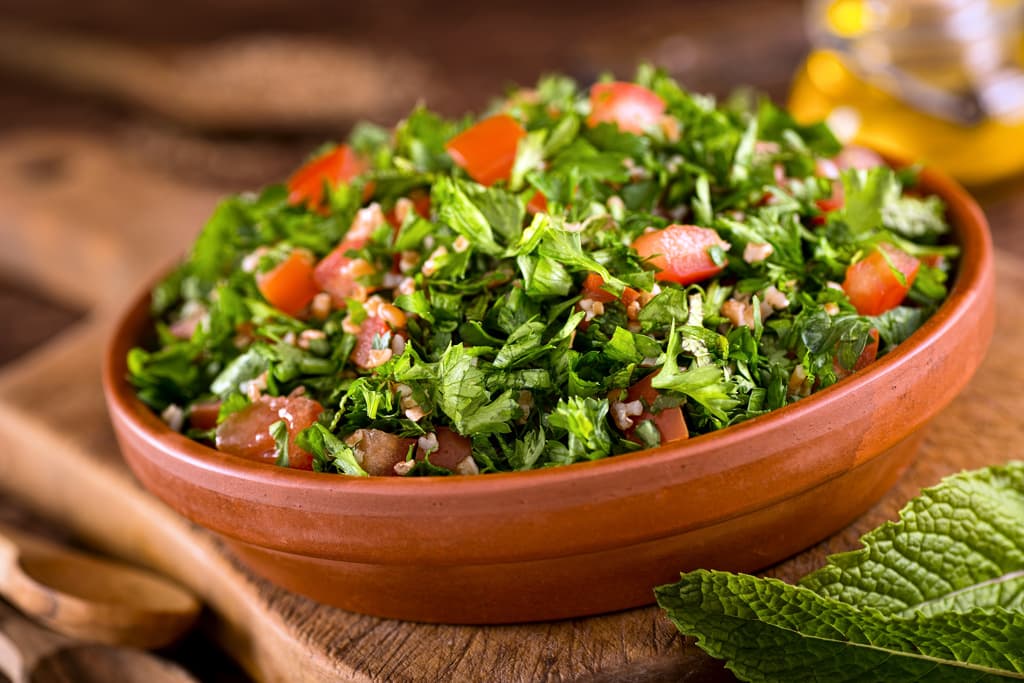Women who eat a Mediterranean diet seem to live longer than others. A new study provides further support for choosing vegetables, olive oil, and whole grains instead of red meat and butter.
Eating a so-called Mediterranean diet has in previous studies shown to have many health benefits compared to other diets. The Mediterranean diet is characterized in brief by a high proportion of vegetables, fruit, whole grains, fish, and vegetable oils, and very sparingly with for example red meat and butter.
Researchers from Uppsala University, among others, have analyzed data on approximately 25,000 women in the US who are part of a large study that follows women's health and lifestyle.
The women have left blood samples at various intervals and have answered questionnaires about their diet. The data was collected between 1993 and 1996, and the women were followed up on average for 25 years. How strictly the women followed the Mediterranean diet was measured according to a special scale.
The researchers' conclusion, published in Jama Network Open, is that those who ate the largest proportion of Mediterranean diet had a 23 percent lower risk of dying prematurely regardless of cause. The risk was particularly lower for dying from cancer and cardiovascular diseases.
Since it is an observational study, it is not possible to establish that it is the diet itself that lies behind the reduced risk of dying prematurely, but the connection is clear, the researchers mean.
The researchers analyzed blood samples left by the participants and found that substances in the blood that indicate inflammation, certain fats, and insulin resistance were lower in the group that ate the Mediterranean diet. They believe this may be what lies behind the increased lifespan.
As in most diet studies, the data is based on self-reported data, which is a source of uncertainty in the study. It is not uncommon for people to struggle to accurately report what they are actually eating.






